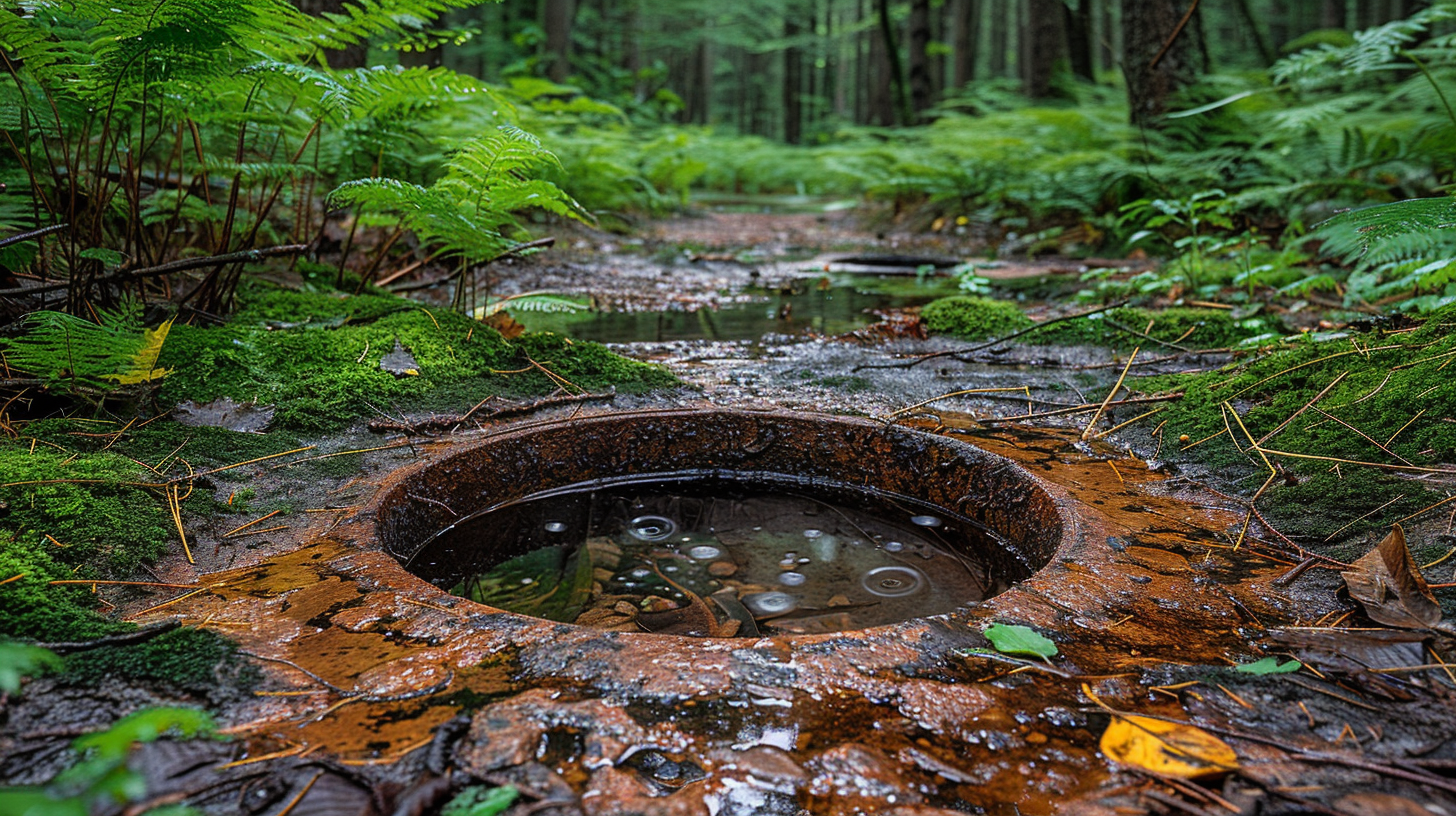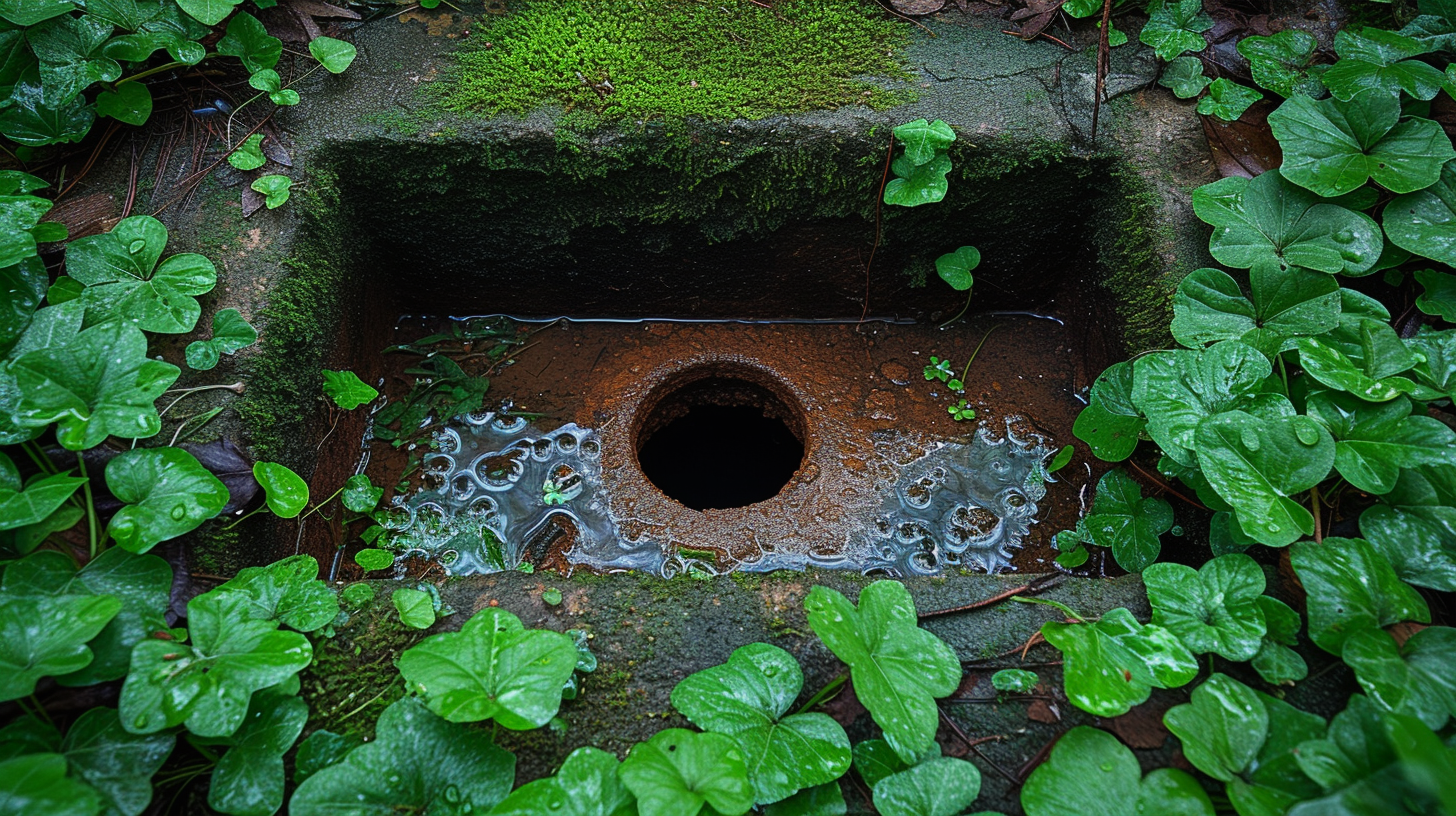Septic Tank Leaching Chambers Guide
Key points • Function and Design: A septic tank leaching chamber goes underground and helps sewage water soak into the soil. These chambers are better for handling wastewater than old-style gravel trenches because they let more water seep through a larger area of ground. • Installation and Maintenance: These chambers snap together easily and don’t … Read more









